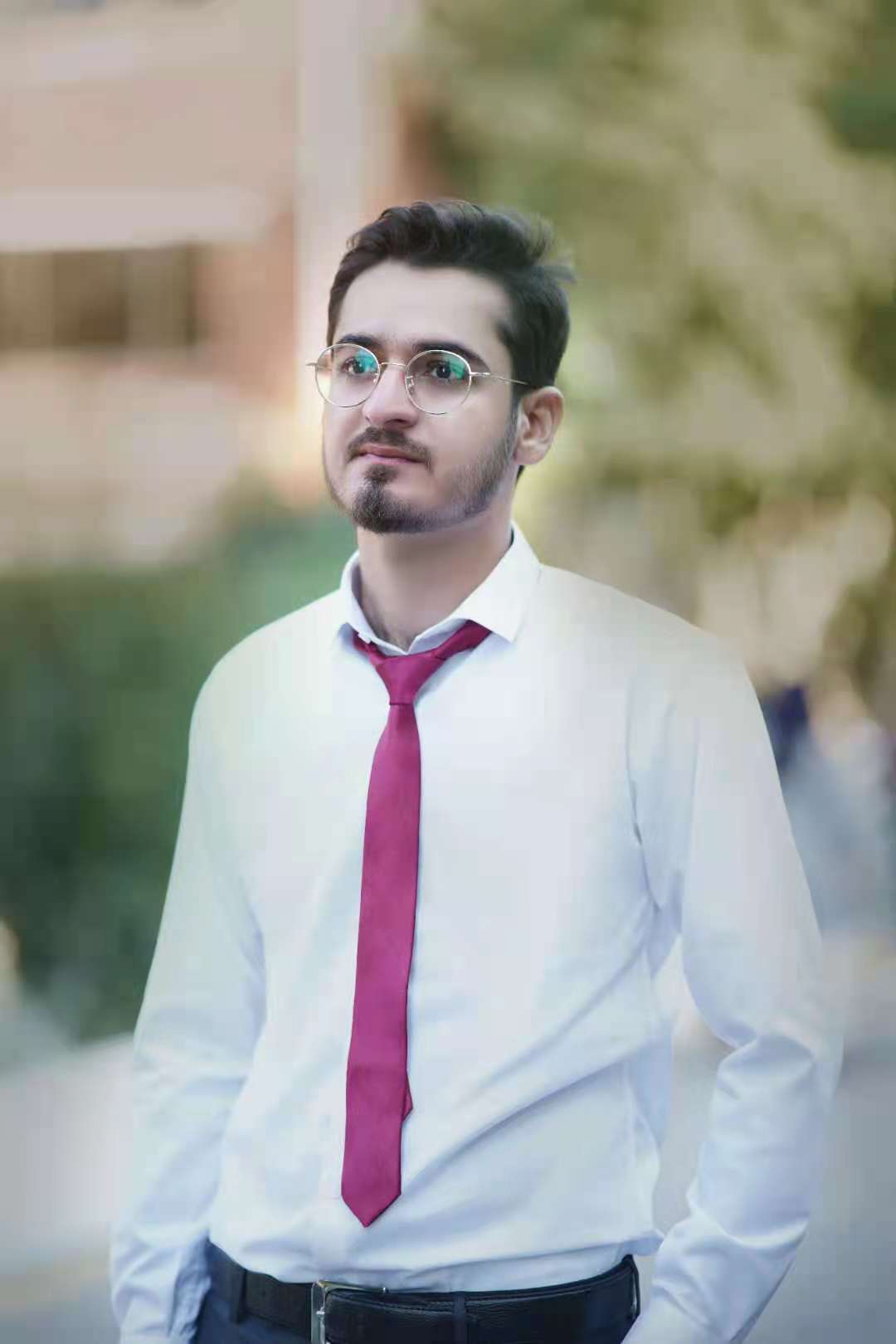Overview
The Cluster of Excellence “Balance of the Microverse” at the Friedrich Schiller University Jena, Germany, combines expertise in life, material, optical and computational sciences to elevate microbiome studies from descriptive to hypothesis-driven and functional analyses. Our core mission is to elucidate fundamental principles of the interactions and functions in microbial communities in diverse habitats ranging from oceans and groundwater to plant and human hosts. We aim to identify the shared characteristics of disturbed or polluted ecosystems as well as infectious diseases on the microbiome level, and develop strategies for their remediation by targeted interventions. Our full spectrum of expertise in the physical and life sciences will be leveraged to address these important issues in natural habitats as well as synthetic arenas in a collaborative manner. The affiliated early career program of the Jena School for Microbial Communication (JSMC) offers an ambitious, structured and interdisciplinary post-graduate training based on top-level fundamental research.
The research group of Prof. Dr. Ulrich S. Schubert at the Cluster of Excellence Balance of the Microverse invites applications for a Postdoctoral Position (m/f/d) to conduct research on the project “Developing bioreactors enabling planctomycetal small molecule production” commencing on 01.08.2022. A later start may be possible if desired. The position is initially limited to 2 years. In this project, we will create porous biocompatible 3D polymers and chemically tailor their internal surface to enable immobilization / growth of planctomycetes, respectively create a tailored local environment to utilize their function in small molecule production. The desired production and excretion of small molecules as in natural environments is aimed at under standard laboratory conditions. Next to the accessibility and the biocompatibility of the internal surfaces of the created porous polymers, those will be modified by moieties that favorably interact with planctomycetes, such as glucose, laminarine, chondroitin or N-acetylglucosamine by surface modification / grafting approaches. Once the compatibility of the chemically designed materials with planctomycetes is achieved, planctomycetal growth medium will be pumped through the tailor-made reactors at optimized residence times. The effluent is monitored online with suitable detectors and on desire collected in fractions for liquid chromatographic investigations including mass spectrometric analysis. The aim is discovering novel planctomycetal small molecules and in a further step, a sequential combination of reactors is envisaged to enrich function of the lab scale devices. In a further step toward generalization of the approach, the investigation of different bacterial species could mimic microbial interactions, suspected to further stimulate and diversify small molecule production. In the polymer part of the project, the (i) chemistry and structure of the porous 3D materials is experimentally designed and optimized to enable planctomycetal immobilization / growth, (ii) small scale engineering devices are created to test for function, and (iii) upscaling toward a potential future commercial application will be addressed. This interdisciplinary project combines polymer science with microbiology. By employing an iterative prototype-test-evaluate-strategy in the lab that enables harvesting function from biological material, the project should create new ground for small molecule production.
Your responsibilities:
• Actively contribute to the development of the project.
• Produce high-quality written manuscripts.
• Present your results at national and international conferences.
• Assist with training other researchers, including Masters’ and undergraduate project students, where required.
• Contribute to maintaining the friendly, welcoming and collaborative environment within the group.
Your profile
• An PhD in polymer or organic chemistry, materials or engineering science. Candidates in the final stages of obtaining their degree are also eligible to apply.
• Required methodological skills: Polymerization reactions, particularly free radical processes. Reaction design in closed molds, including phase separation to create porous biocompatible structures and their surface functionalization based on photo- and thermally initiated reactions.
• Desired methodological skills: Engineering skills to analyse flow through processes in various dimensions and address issues of potential upscaling.
• Highly motivated individual with an interest in joining one of the interdisciplinary research areas of the Microverse Cluster
• The ability to work creatively and independently towards developing your own research project
• An integrative and cooperative personality with enthusiasm for actively participating in the dynamic Microverse community
• English communication skills, both written and spoken
We offer:
• A highly communicative atmosphere within an energetic scientific network
• A comprehensive mentoring program and soft skill courses for early career researchers
• Jena – City of Science: a young and lively town with a vibrant local cultural agenda
• A family-friendly working environment with a variety of offers for families: University Family Office ‘JUniFamilie’ and flexible childcare (‘JUniKinder);
• University health promotion and a wide range of university sports activities;
• Attractive fringe benefits, e.g. capital formation benefits (VL), Job Ticket (benefits for public transport), and an occupational pension (VBL)
The two year full-time postdoctoral researcher position (100% TV-L E13) will be funded through the Excellence Strategy of the German federal and state governments. The Friedrich Schiller University Jena is an equal opportunity employer and part-time contracts can be discussed.
To promote gender equality in science, applications by woman are especially welcome. Candidates with severe disabilities will be given preference in the case of equal qualifications and suitability.
How to apply:
Applications in English should comprise a cover letter, a detailed curriculum vitae and copies of academic certificates. Please familiarize yourself with the currently available doctoral projects (www.microverse-cluster.de) and the application process as described in the Online Application Portal. Please submit your application via the JSMC Online Application Portal, under the vacancy ID 28/2021 by 20.06.2022:
https://apply.jsmc.uni-jena.de/
Since all application documents will be duly destroyed after the recruitment process, we ask you to submit only copies of your documents.
Related articles:











